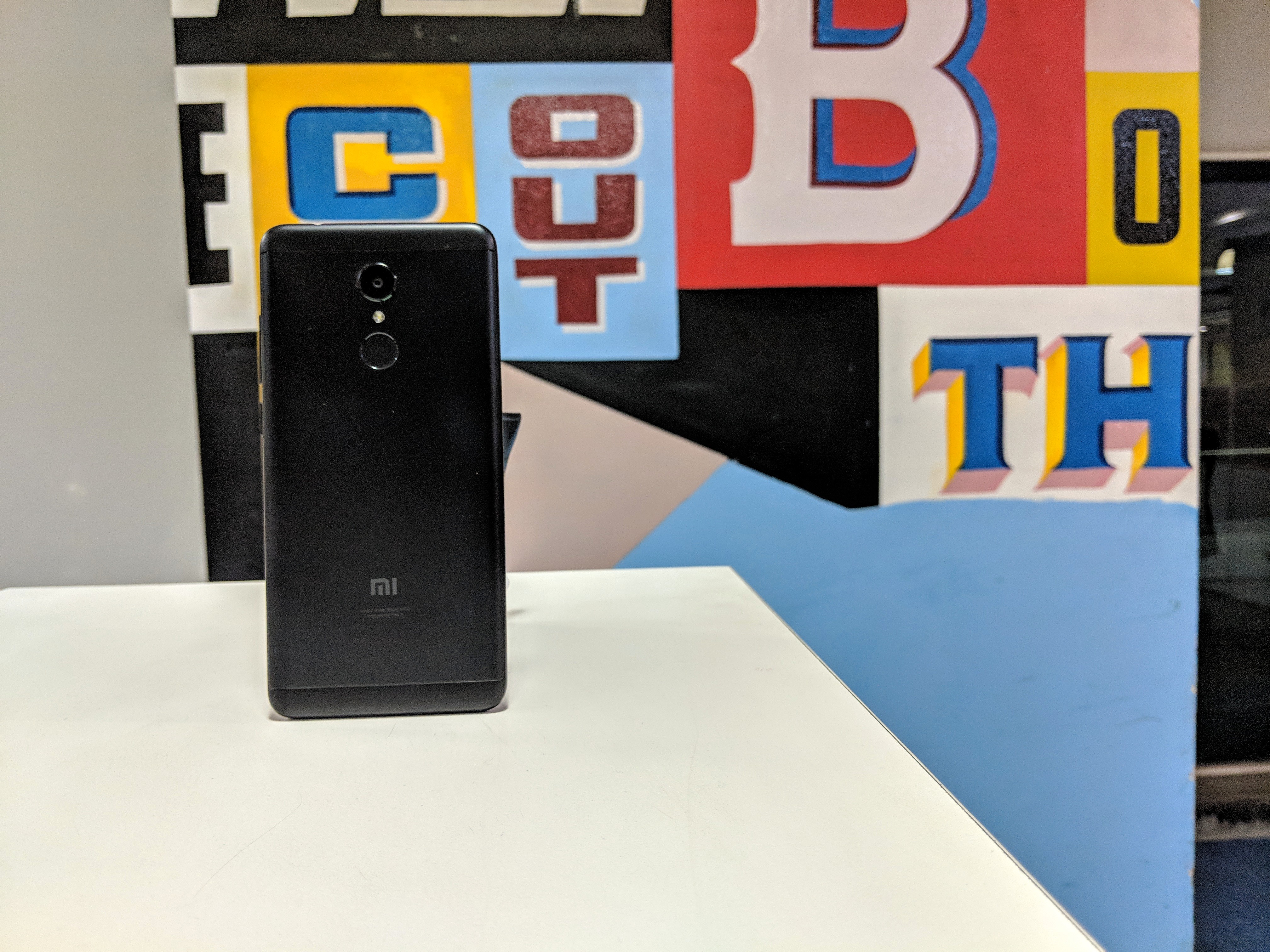TechRadar Verdict
The Redmi 5 is undoubtedly a complete smartphone and has all the necessary inclusions like a bigger display and the latest chipset. But, it isn't as striking or as fresh as the Honor 9 Lite that comes for Rs 10,999.
Pros
- +
Vibrant 18:9 display
- +
Handy design
- +
Value for money
Cons
- -
Dated Android version
- -
720p display resolution
Why you can trust TechRadar
Xiaomi, with the launch of Redmi 5, seems to have struck a final nail on the smartphone-price coffin. The company has been dominating the space for smartphones priced anywhere between Rs 6,000 to Rs 16,000. When the Redmi 5A was launched, it took over the entry-level segment, and within a few months it was followed by the Redmi Note 5 and the Note 5 Pro that knocked out phones priced between 10-15K.
We were not quite done talking about the Redmi Note 5, and Xiaomi went ahead and delivered the Redmi 5 to replace the Redmi 4 in the 7-10K price segment. It is the company's solution for users looking for a compact yet balanced handset that also offers logical value proposition.
My experience with Redmi was more or less similar to all the other Redmi phones I have used prior to this. The major difference overall here was the size and the battery. I had written about my three days experience with the Redmi 5 earlier, and most of the things I mentioned there remain.
Xiaomi has updated the Redmi 5 with some in-trend elements like the 18:9 display and minimal bezels. But the question I had before writing the review were mostly about the new upgrades on the phone.
Do these feature make the experience better? Is this a phone I wanted to see after the Redmi 4? And most importantly, is this a phone worth recommending because it's actually good, or just because there is a lack of competition?
The answer to all these questions are in the review. Read on.
Xiaomi Redmi 5 price and availability
- The Redmi 5 launch prices start from Rs 7,999
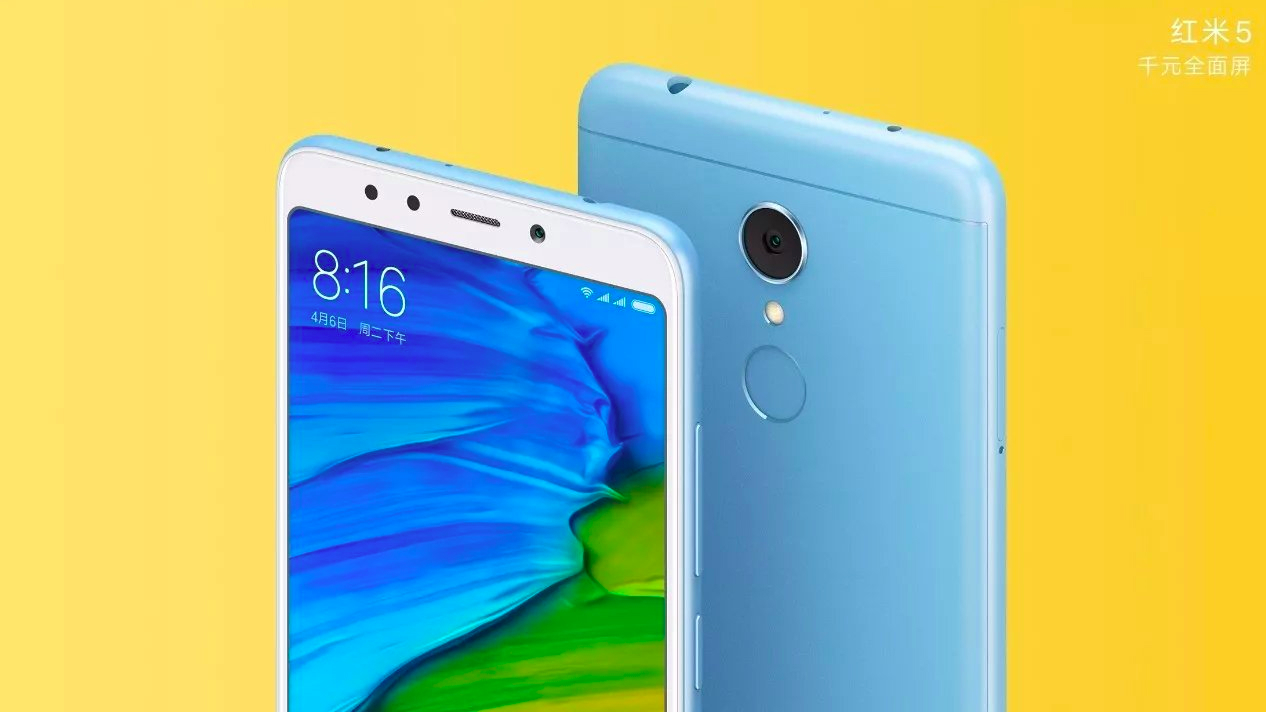
Weight: 157g
Dimensions: 151.8 x 72.8 x 7.7 mmmm
OS: MIUI 9.0 (Android 7 Nougat)
Screen size: 5.7 inches
Resolution: 720 x 1440 (18:9 aspect ratio)
CPU: Snapdragon 450
RAM: 2GB/3GB/4GB
Storage: 16GB/32GB
Battery: 3,300mAh
Rear camera: 12MP
Front camera: 5MP
The price starts at Rs 7,999 for the phone with a 2GB RAM and 16GB storage, the 3GB/32GB variant costs Rs 8,999, and you'll be set back by Rs 10,999 for the top-of-the-line 4GB/64GB variant. You can buy the phone on Amazon India, mi.com and Mi Home.
Xiaomi Redmi 5 is already up for sale in blue, pink, gold, black and a lake blue colour.
As a part of an introductory offer, Xiaomi has partnered with Jio for an instant cash back of Rs 2,200 (on the first recharge) along with 100GB of 4G data (on recharges of Rs 198 and Rs 299). Redmi 5 buyers will also get up to 90% discount on first Kindle e-books.
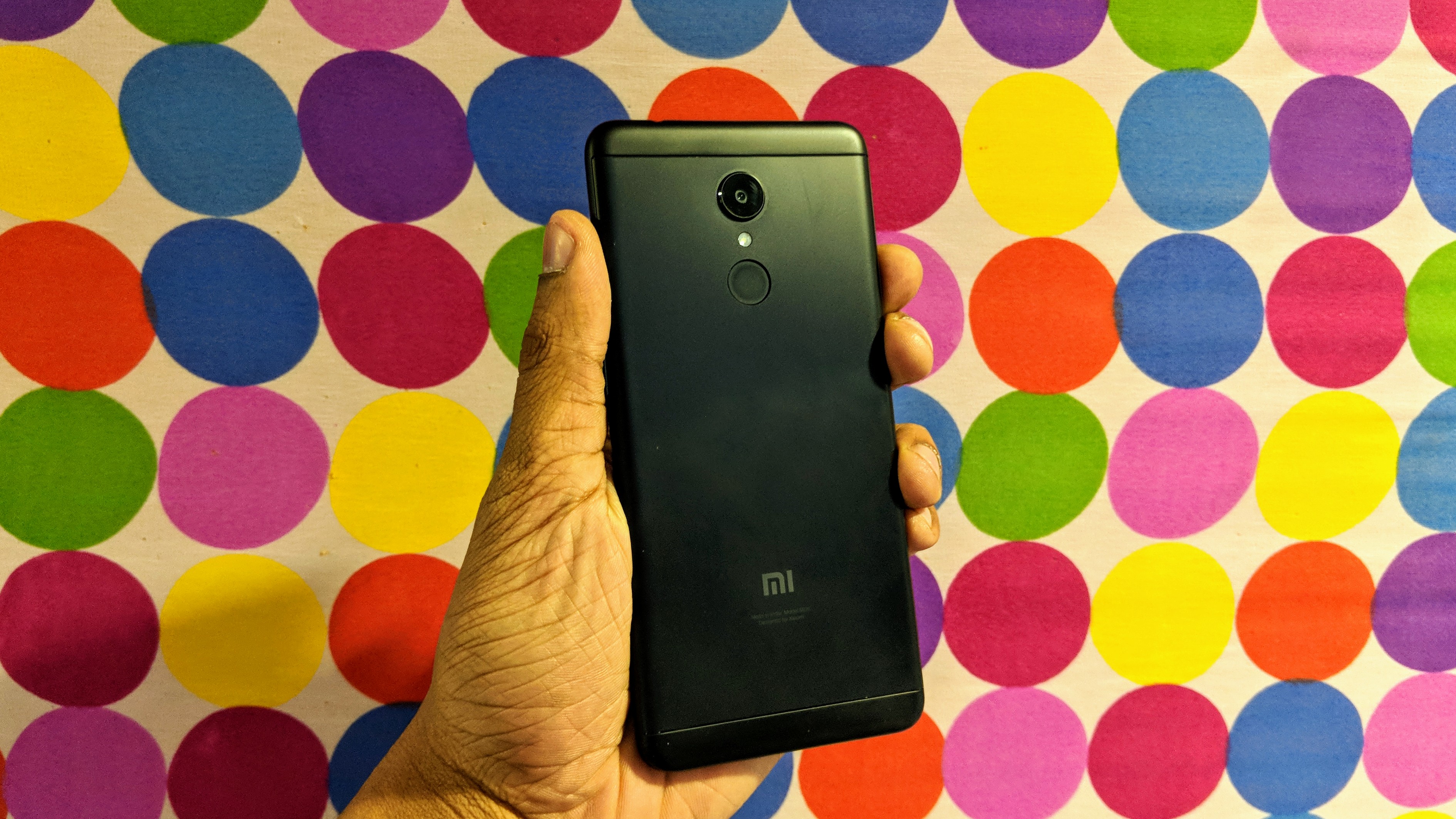
Design and display
- Metal unibody feels solid
- 5.7-inch HD+, 18:9 aspect ratio display
The Redmi 5, like its siblings, has an iterative design that makes it look exactly like a smaller Redmi Note 5. Well, that's not the first time I am saying this for a Redmi phone - the Redmi 4 resembled the Note 4.
The Redmi 5 has a good design and build quality for its price, but it doesn’t differentiate it from the design language that’s being followed for the last two years.
It's a good thing that the design on the Redmi 5 doesn’t look like a cheaper replica of a popular flagship, but it still fails excite us.
It is a solid phone, offers a great in-hand feel and can be used comfortably with just one hand, but it looks dull if you put it next to the Honor 9 Lite.
I bring up the Honor 9 Lite because it's a perfect example of great design for its price. I am not saying Xiaomi should come up with a blingy phone, but my intention here is emphasise on the fact that consumers want phones that look different.
Despite sharing looks with its predecessor, the phone has some minor alterations. It is taller, wider, heavier and more sleek than the Redmi 4. The back looks a lot like the Redmi Note 5, with the camera housed right above the fingerprint sensor and not placed in the top left corner.
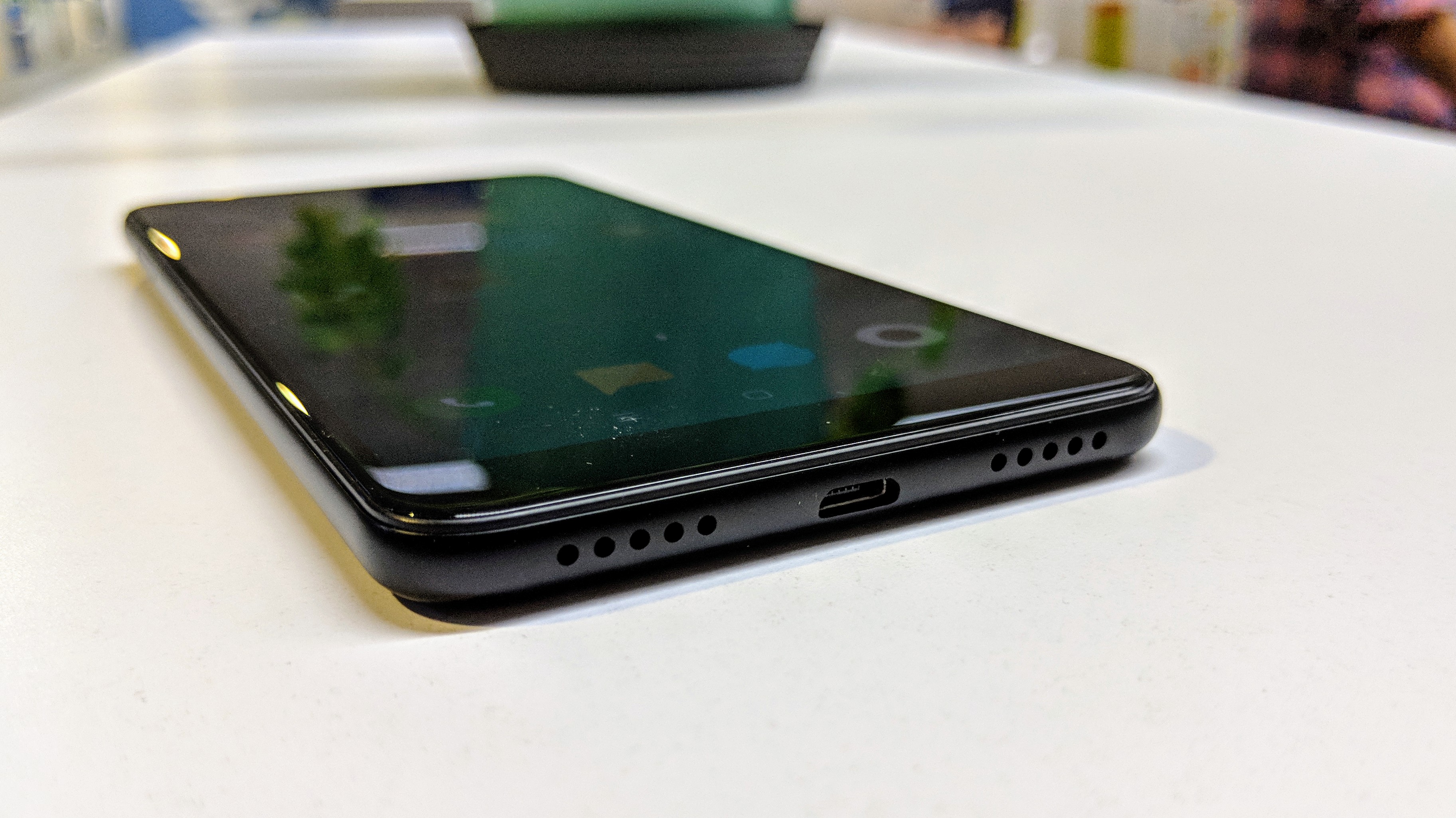
From the front, the phone looks exactly like the Note 5, which means more screen space and less bezels. This also means that the physical navigation keys have been replaced by the on-screen ones this time.
Like previous Redmi phones, it has rounded corners, a flat back with curved sides. However, the curves aren’t as well pronounced as we have seen in the past.
The front gets a full score in terms of looks, but Xiaomi should consider bringing in newer elements to the next phone.
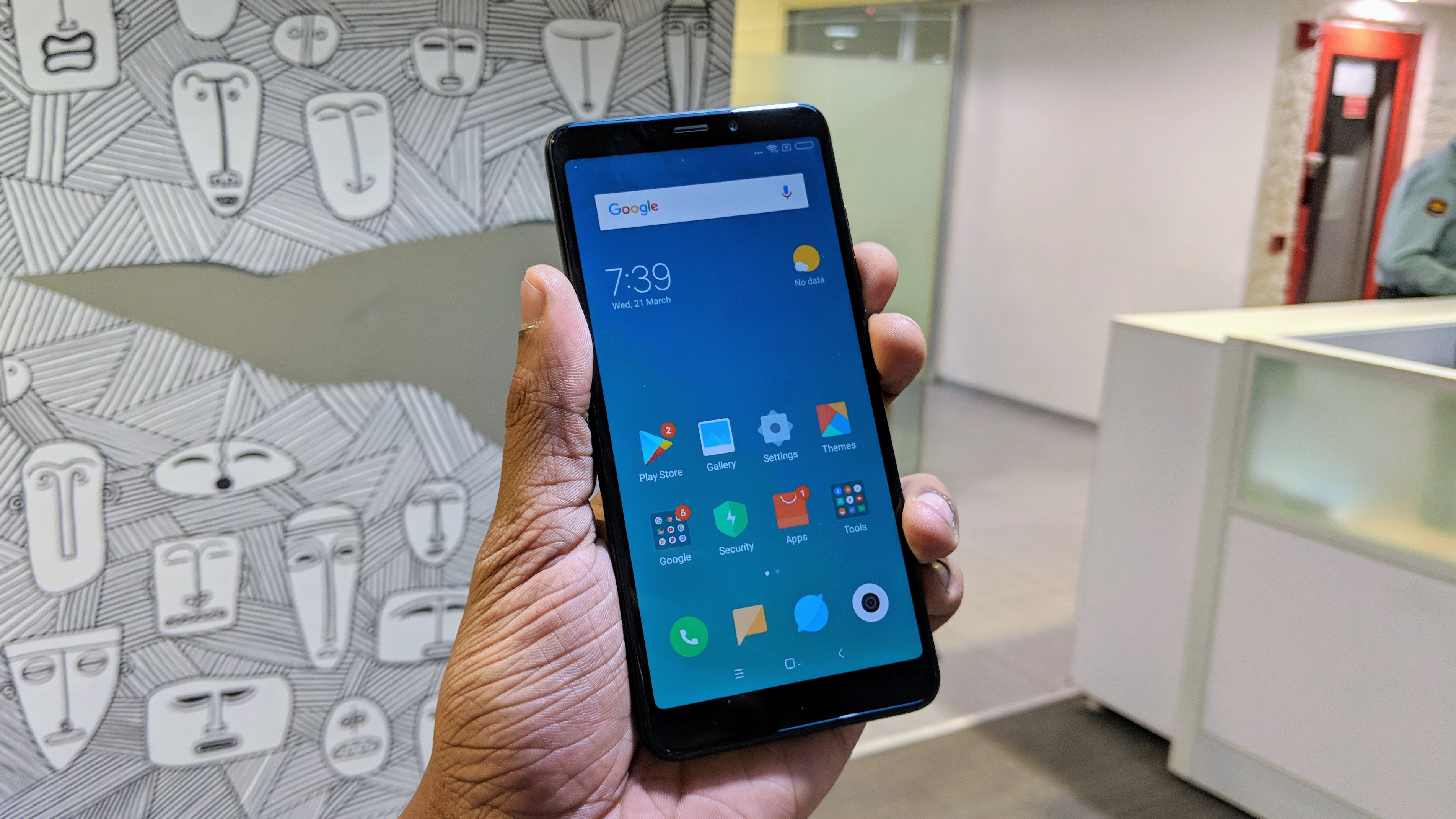
We all must thank the Mi Mix for setting an example for the future phones with its bezel-less design. Forget flagships, even entry level phones have minimal bezels and an 18:9 display these days.
Exactly a year ago, the Redmi Note 4 was launched with a 5.5-inch display and the Redmi 4 had a smaller one. Thanks to the new display trend, now even the Redmi 5 has a bigger 5.7-inch display than the Note 4.
The Redmi 5 does not retain the smaller display size, but it still has a decent HD+ (720p) panel like its predecessor. Colours look vibrant but a slight blue tinge makes its presence felt. Sunlight visibility remains sub-optimal, but auto-brightness makes up for it. Overall, it’s a colourful display with cool tones, a wide colour gamut and decent viewing angles.
For games and media consumption, this is one of the best displays found on a phone at this price point.
Sudhanshu Singh have been working in tech journalism as a reporter, writer, editor, and reviewer for over 5 years. He has reviewed hundreds of products ranging across categories and have also written opinions, guides, feature articles, news, and analysis. Ditching the norm of armchair journalism in tech media, Sudhanshu dug deep into how emerging products and services affect actual users, and what marks they leave on our cultural landscape. His areas of expertise along with writing and editing include content strategy, daily operations, product and team management.
